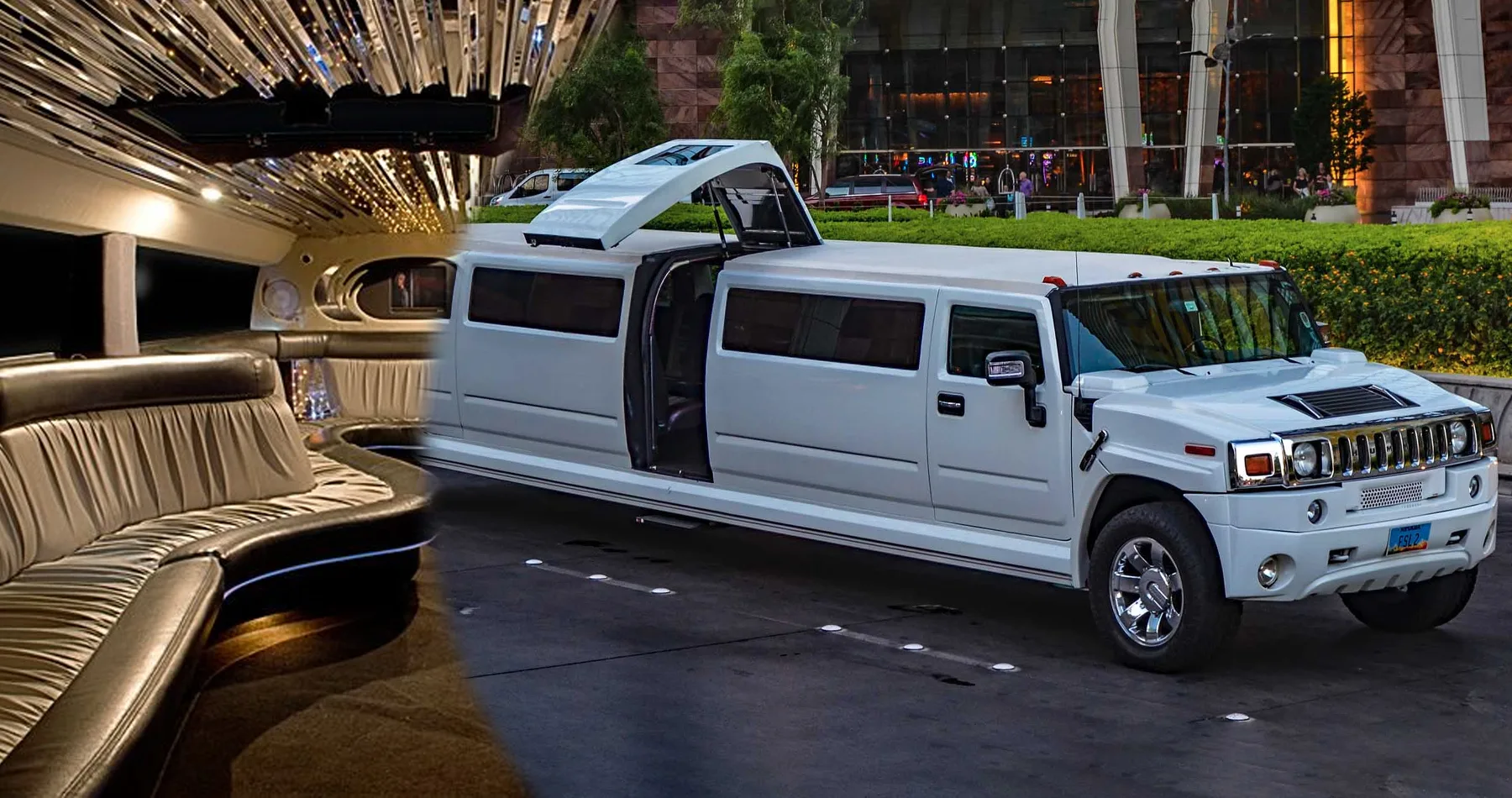Owning a limousine, the epitome of luxury and elegance is a desire for many. However, the allure of this prestigious vehicle often comes with a substantial financial commitment. From initial purchase costs to ongoing maintenance and operational expenses, owning a limousine is indeed an investment that demands significant resources.
Are limousines expensive to own?
Initial Purchase Cost:
The initial cost of acquiring a limousine can vary widely based on several factors. New models from reputable manufacturers can range from $70,000 to over $500,000, depending on the brand, size, and features. For instance, luxury brands like Rolls Royce or Bentley offer high-end limousines with opulent interiors and top-notch technology, significantly increasing the purchase price.
Maintenance and Repairs:
Limousines typically require specialized maintenance due to their extended length, advanced features, and custom modifications. Routine maintenance includes servicing the engine, transmission, brakes, suspension, and other mechanical components. Furthermore, maintaining the opulent facilities that limos frequently have, such as bars, entertainment systems, and ornate interiors, raises the overall maintenance costs. Repairs can be costly, especially for unique or custom parts that might be exclusive to the particular limousine model.
Insurance:
Insurance for a limousine tends to be higher than that of standard vehicles. Firstly, the high value of the limousine itself contributes to elevated insurance premiums. The liability associated with carrying passengers, often in higher numbers than standard vehicles, can also increase insurance costs. Limousine insurance typically includes coverage for the automobile, passengers, and liability protection, which all add to the overall expense.
Fuel Costs:
Limousines are not known for their fuel efficiency. Because of their greater bulk and weight, they use more fuel, which raises operational costs. Constant use and stop-and-go traffic in urban settings can further escalate fuel costs. Hybrid or electric limousines offer a more economical option in terms of fuel consumption, but they might have a higher initial purchase price.
Storage and Parking:
Storing and parking a limousine can be another expense to consider. Due to their extended length, finding suitable parking spaces can be challenging and might incur additional costs, especially in urban areas where parking space is at a premium.
Customization and Upgrades:
Many limousine owners invest in customization and upgrades to tailor the vehicle to specific preferences or event requirements. Customization costs can vary significantly based on the extent of modifications desired, ranging from interior upgrades to technological enhancements.
Depreciation:
Similar to luxury vehicles, limousines often experience substantial depreciation. Their value can decrease significantly over time, and factors like market demand, condition, and mileage play a significant role in determining the resale value.
In summary, while owning a limousine offers prestige, luxury, and unique transportation capabilities, it involves considerable expenses beyond the initial purchase cost. The whole cost of owning a limousine includes depreciation, maintenance, insurance, gasoline, storage, customization, and storage. Before purchasing an automobile of this kind, prospective owners should carefully consider their spending limit and long-term financial obligations. To maintain profitability, companies that provide limousine services must also account for personnel, marketing, and operating expenses in their business plans.
